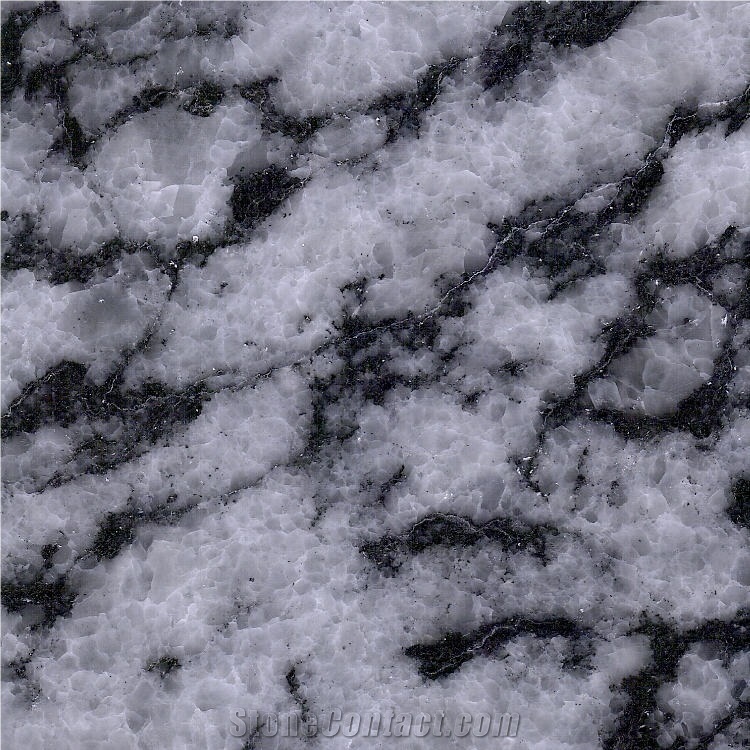Can India's Ambaji Panther Marble be used exterior applications in cold climates?
The Ambaji Panther Marble from India can be used for exterior applications in cold climates. However, its suitability and durability would depend on several factors, such as the specific climate conditions, installation techniques, and maintenance practices.
Marble is a natural stone that is prone to weathering and can be affected by extreme temperatures, moisture, and frost. In cold climates, exposure to freeze-thaw cycles can cause the marble to crack or deteriorate over time. Therefore, it is important to ensure that the marble is of high quality and has low water absorption to withstand these conditions.
Additionally, proper installation techniques, including correct substrate preparation, adequate drainage systems, and use of suitable adhesives and sealants, are crucial for ensuring the long-term performance of exterior marble applications in cold climates. Regular cleaning and maintenance, including sealing the marble periodically, can also help protect it from weathering and deterioration.
It is recommended to consult with a professional architect, designer, or contractor experienced in working with natural stone in cold climates to ensure that the Ambaji Panther Marble is used appropriately and to minimize any potential issues.
The Ambaji Panther Marble from India can be used for exterior applications in cold climates. However, its suitability and durability would depend on several factors, such as the specific climate conditions, installation techniques, and maintenance practices.
Marble is a natural stone that is prone to weathering and can be affected by extreme temperatures, moisture, and frost. In cold climates, exposure to freeze-thaw cycles can cause the marble to crack or deteriorate over time. Therefore, it is important to ensure that the marble is of high quality and has low water absorption to withstand these conditions.
Additionally, proper installation techniques, including correct substrate preparation, adequate drainage systems, and use of suitable adhesives and sealants, are crucial for ensuring the long-term performance of exterior marble applications in cold climates. Regular cleaning and maintenance, including sealing the marble periodically, can also help protect it from weathering and deterioration.
It is recommended to consult with a professional architect, designer, or contractor experienced in working with natural stone in cold climates to ensure that the Ambaji Panther Marble is used appropriately and to minimize any potential issues.
 India
(Ambaji, Banaskantha, Gujarat)
India
(Ambaji, Banaskantha, Gujarat)


















